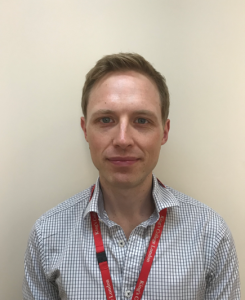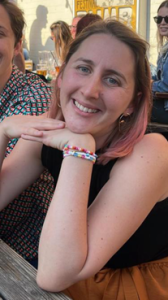The winners of the 2021 Tadion Rideal Prize have been confirmed. Two winners of the award were selected for 2021 as there had been no award in 2020 due to the Covid 19 pandemic.
About the award
This award was instituted in 1983 by a gift of £10,000 from Dr J. Tadion to commemorate his association with the late Sir Eric Rideal FRS and King’s College London.
The prize of £1,000 is awarded annually and is open to doctoral students of King’s College London who have carried out research for a PhD degree in Molecular Science. ‘Molecular Science’ is defined broadly and inclusively as: Research that involves studies at the molecular level.
Students are nominated by their supervisors; an expert panel of academics in the relevant fields assesses the nominations and provide a shortlist to the Director of Research Talent who selects the winner based on their recommendations.
The 2021 Winners
The two winners were Dr Geraldine Jowett (FoLSM) and Dr Thomas Tull (FoLSM). They’ve written some short statements about being selected for the prize.
Dr Thomas Tull
Winning the Tadion Rideal prize is a great honour and is a reflection of the first class supervision I had from Professors Jo spencer and David D’Cruz along and members of my thesis committee Dr Monica Agromayor, Professor Sophia Karagiannis and Professor Anthony Dorling. Completing a PhD within KCL was a fantastic experience and I hope to use the skills I have learned for my future clinical academic career.
I am immensely grateful to receive the Tadion-Rideal prize, which has prompted me to reflect on the permissive circumstances that made my dissertation eligible for an award. Naturally, I am thankful for my wonderful mentors, for the collaborative environment nurtured by King’s College London, and for my friends and family. However, in this blogpost I would like to take the opportunity to specifically acknowledge my Wellcome Trust PhD studentship. This program has been discontinued, yet it had unique elements of support it provided and I hope that these might be reinstated or emulated for future generations.

